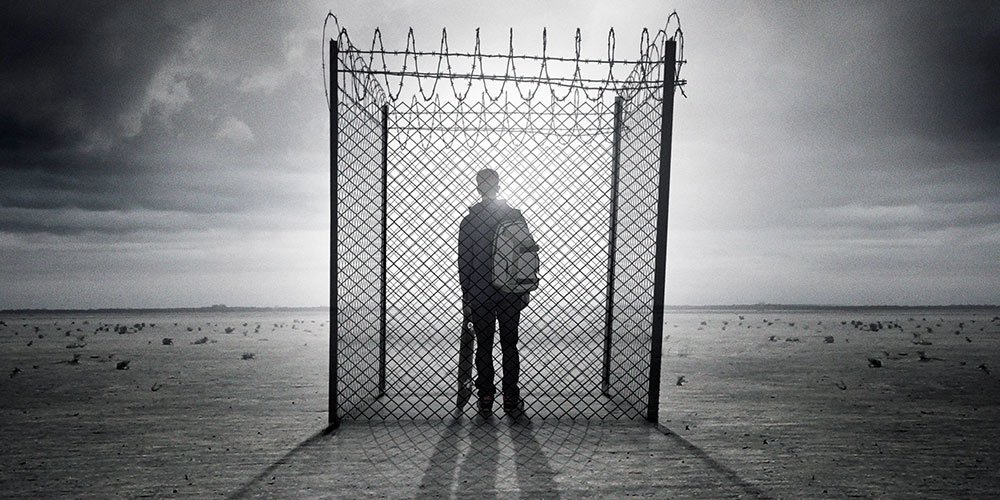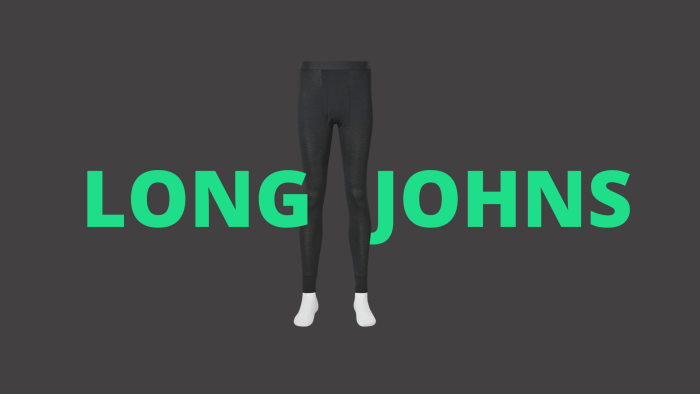With the release of Netflix’s new non-fiction series Making a Murderer creating quite the uproar last month (the American people are so incensed by this troubling case that over 450,000 people have come together to sign a petition in order to get the series’ “star,” Steven Avery, pardoned from prison), we figured you guys could use a little more fuel for the fire. If you loved Making a Murderer, here’s what you should check out next:
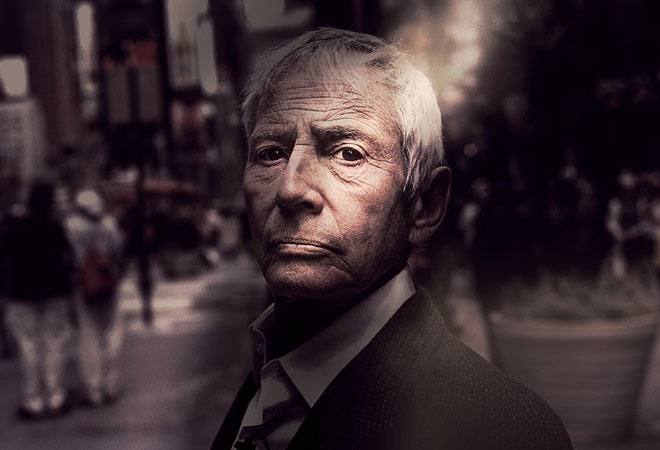
The Jinx: The Life and Deaths of Robert Durst
This 2015 HBO miniseries chronicles the life of accused murderer Robert Durst, a wealthy real estate heir and son of New York City real estate investor and developer Seymour Durst. The series, directed by Andrew Jarecki, covers the murders of Durst’s wife, Kathie, in 1982; writer and friend of Durst, Susan Berman, in 2001; and the death and dismemberment of Durt’s neighbor, Morris Black, in Galveston, Texas. The chilling real-life interview series between Jarecki and Durst takes a dramatically morbid turn in the series finale, “Chapter 6: What the Hell Did I Do?” We won’t give it away, but it’ll blow your mind. Link
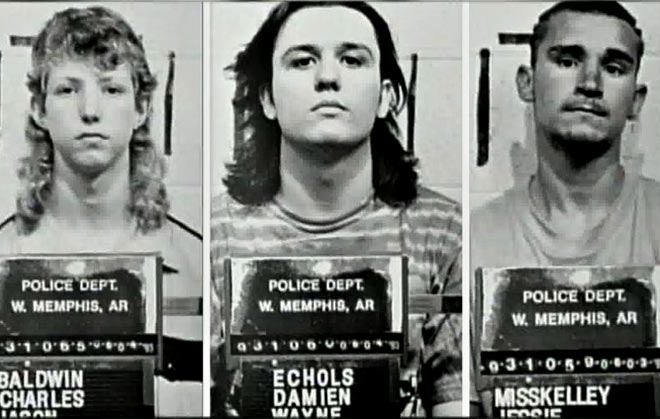
The Paradise Lost series
Each of the three editions in this series of documentary films is critical in learning about and understanding the flaws in the American justice system. The series follows the trials of the West Memphis Three, a group of teenage boys—Damien Echols, Jason Baldwin, and Jessie Misskelley—falsely convicted in the murders of three of their peers in West Memphis, Arkansas. The documentaries essentially demonstrate that the boys, who were all fans of heavy metal music, were ostracized and demonized within their conservative, Evangelical Christian community, and were just guilty of being different. If you thought Making a Murderer was bad, wait until you watch this. Link
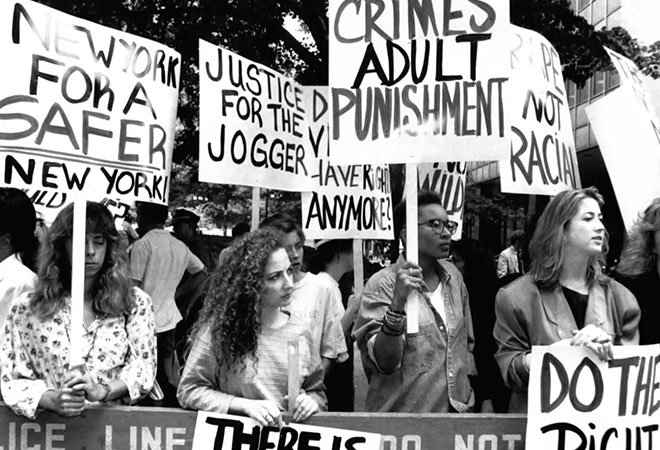
The Central Park Five
This award-winning 2012 documentary profiles one of the most horrific judicial injustices of the late 20th century: the famous Central Park jogger case, in which five NYC juveniles were wrongly tried and convicted of the assault, rape, and sodomy of Trisha Meili, a female jogger and investment banker. The documentary provides background context, details of the assault and resulting investigation, and surmises that the NYPD should have connected Matias Reyes, the man who eventually confessed to the rape, to the crime a lot sooner than they did. Link
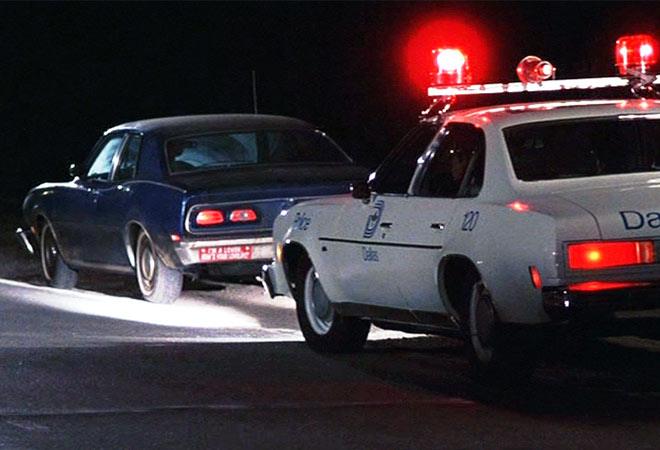
The Thin Blue Line
An oldie but a goodie, The Thin Blue Line is a documentary by famed Academy Award-winning director Errol Morris, that tells the story of Randall Dale Adams, the man wrongly convicted in the murder of Dallas police officer Robert W. Wood. The Thin Blue Line is a telling account of a flawed judicial system, skewed by peoples’ desires to see deaths of loved ones avenged to the highest extent of the law, even if those being punished don’t deserve it. Morris’ documentary is so compelling that it eventually directly contributed to the overturning of Adams’ conviction, and his subsequent release from prison. Link
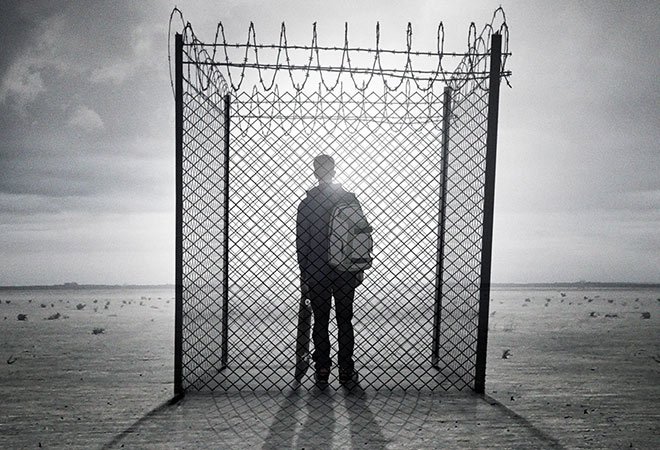
Kids for Cash
The American Prison Industrial Complex is alive and well, and is a business that’s getting larger and larger by the day. For-profit prisons aren’t bad dreams weighing on the American psyche, but a real-deal human rights crisis, taking place in our own backyard. This sentiment is explored perfectly in Robert May’s 2013 documentary Kids for Cash, which covers the infamous 2008 “kids for cash” scandal, in which two judges from Wilkes-Barre, Penn., were found guilty of accepting financial kickbacks from Robert Mericle, the builder of two private, for-profit youth centers for the detention of juveniles, in return for imposing harsher sentences on convicted juveniles. It will make you angry. It will confuse you. It will change the way you see the American justice system. We guarantee it. Link

